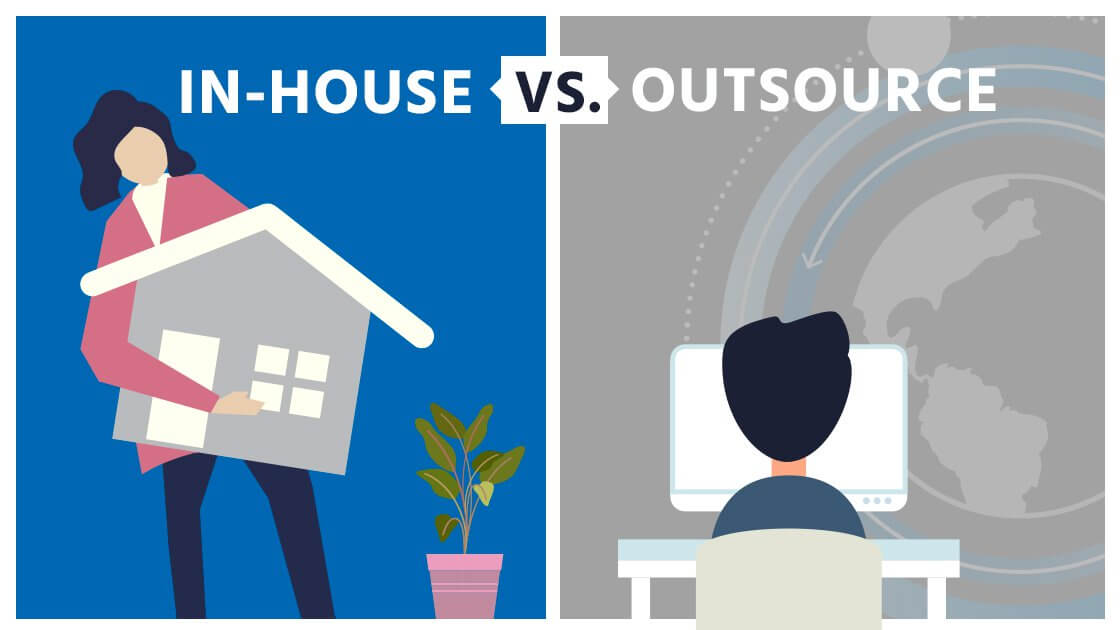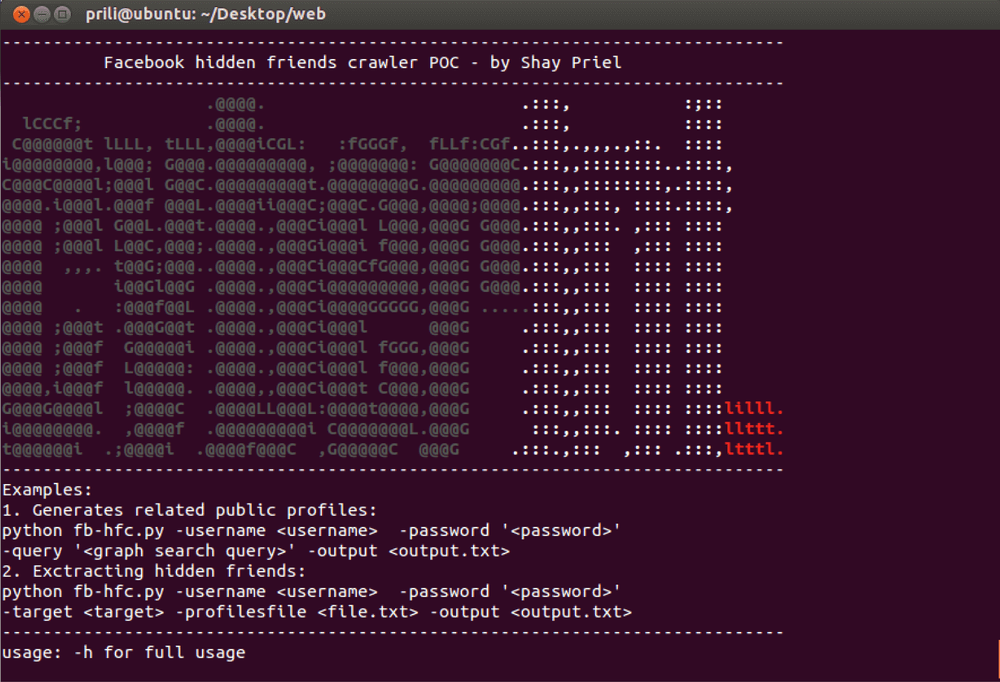


Cyber attacks are now a daily routine for digital businesses without exceptions. Companies could get away with simple security measures years ago, but ever-changing advanced threats today require the latest advanced security measures. Cybersecurity spending in the US has gone from $27.4 billion 8 years ago and skyrocketed to $60 billion in 2017.
Together with the ramp-up in the amount of cyber attacks and their frequency, sophistication of attacks and diversity in TTPs (Tactics, techniques, and procedures) is continuously ramping up.
This poses a global, highly deliberated challenge for companies across industries of skilled security professionals.
With cybersecurity so critical for businesses today, large and medium-size organizations require Information Security skilled teams of analysts and tech-savvy engineers in addition to day to day security Ops. But the combination of security expertise, technology, and intelligence required for in-house cybersecurity teams is not something every enterprise can facilitate or manage.
Choosing in-house or outsourced cybersecurity solutions depends on factors such as the size of the company, amount of data, and resource availability.
While managing cybersecurity in-house allows a business to maintain full control of operations and also means someone is on-site that can address concerns in-person, it is challenging to get it right and find the right person or team that has the skills required to lead an in-house cybersecurity team. And with increasing varieties of attack surfaces, companies need to be confident that they keep pace as the scale and changing technologies mount.
Businesses that choose to outsource to cybersecurity experts have clear advantages that should not be overlooked; we’ve broken down six key advantages:
When deciding to outsource, it’s important to find the right cybersecurity provider that can fulfill your requirements as a long-term partnership, and provide the advanced tools and expert security teams needed for a truly comprehensive cybersecurity solution. The provider’s solution should be dynamic and evolving to stay ahead of emerging cyber criminal tactics.
Or, decide to go for a combination of in-house and outsourcing cybersecurity, depending on where your core team’s strengths and weakness lie. The combination can be highly variable; here’s just one scenario: Security Ops – in-house; threat detection on premises but outsourced and managed by a vendor; incident response in-house (tier 1) and outsourced (tiers 2 and 3).
The possibilities for compiling highly effective mixed teams of outsourced and in-house cybersecurity allows you to define and execute the combination based on your threat map – within your specified context for both business and risk management.
And if you don’t know which approach to go with, start by mapping your threats and evaluate how to address them in figuring out what makes most sense for you right now.
For most businesses, cybersecurity is not their primary focus and can end up being overlooked or not managed optimally despite its importance. Businesses can’t afford to overlook cybersecurity when the average cost of a phishing attack (for example) costs a mid-size company $1.6 million. For small businesses it can be a death blow, with 60% going out of business within six months of an attack.
It comes down to being a strategic-type decision of sorts. Businesses should focus on their core business and ensure proper security measures are in place with outsourced services. In the long run, businesses can actually save money just by avoiding a data breach. And in some cases, the annual cost of outsourcing can be lower than the salary of a single security engineer.
Fill in your business email to start


